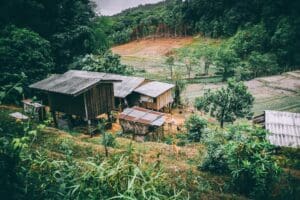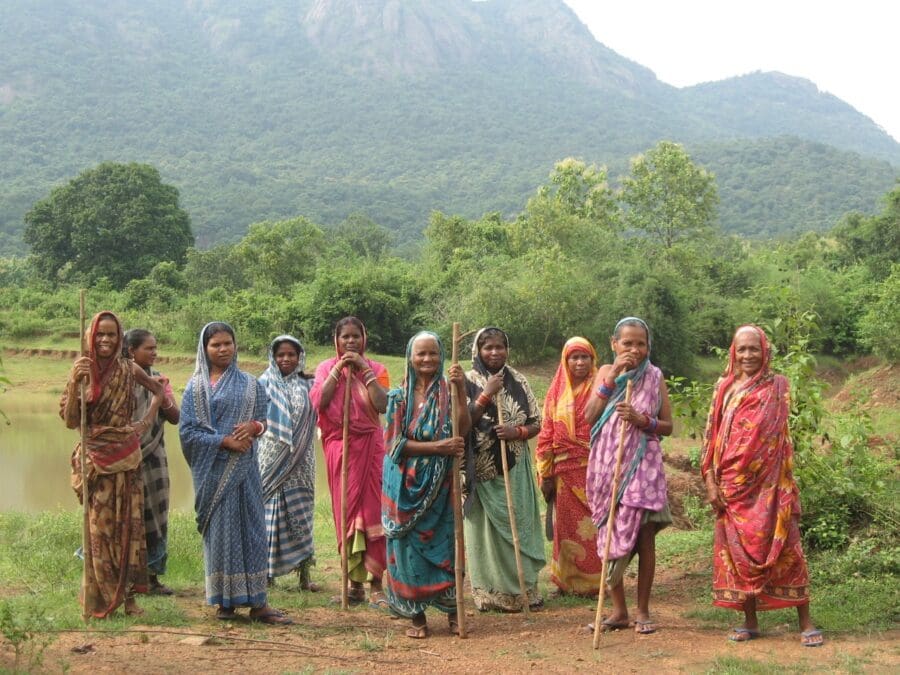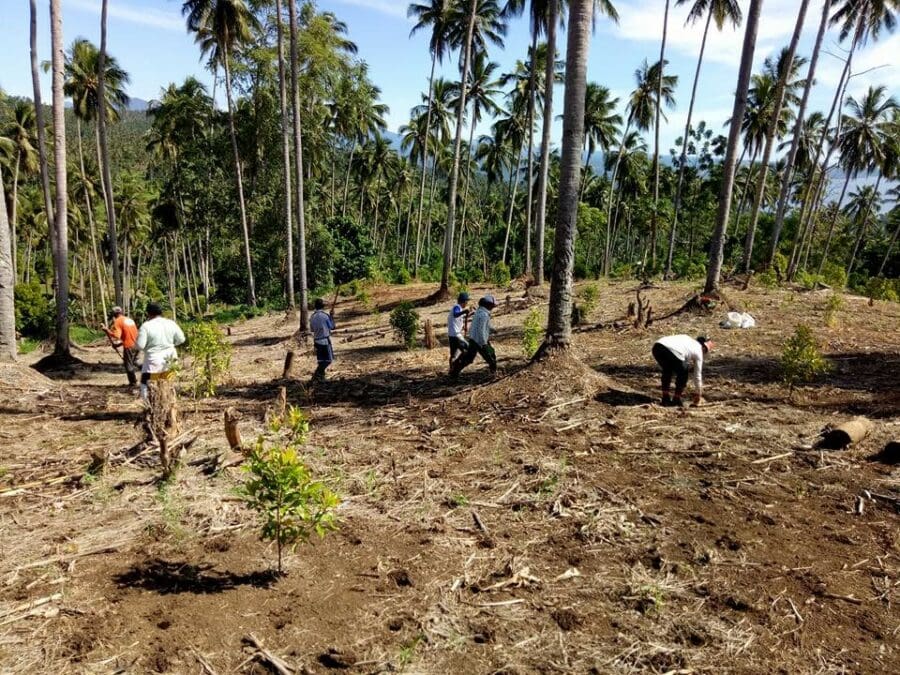In Nepal, the local government of Gorkha District’s Tsum Nubri Rural Municipality recently adopted a new law to formally recognize and preserve the local community’s Shagya tradition of nonviolence. This April, the municipality recently held a vibrant festival to celebrate 100 years of the Shagya tradition and celebrated the introduction of the law into practice.
The festival, which began April 19, was opened by Prime Minister Pushpa Kamal Dahal, who formally launched the Shagya Act as well as another law to recognize the community’s traditional healing practices (the Amchi Act).
Prime Minister Dahal acknowledged the role of the Shagya tradition in the region’s natural resource management, biodiversity and ecosystem for sustainable environment and development. He also expressed his commitment to support Shyagya culture and the local Tsumba communities’ century-old campaign against violence.
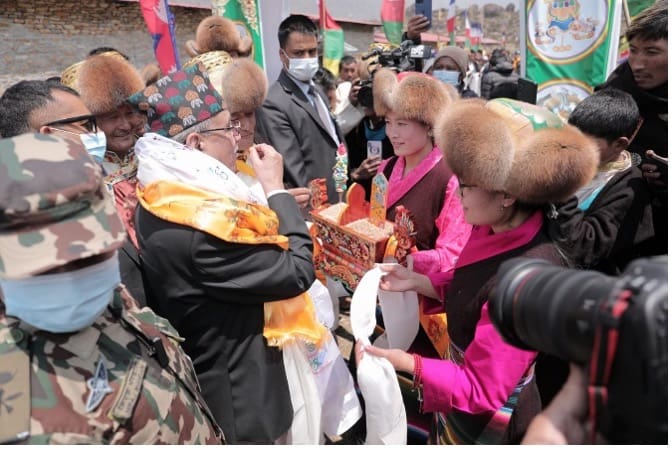
What is Shagya?
The community’s practice of Shagya dates to 1922 when on the day of Buddha Jayanti (which commemorates the birth of Buddha), the local chief made a collective commitment to the people of Tsum Valley to follow the principle of non-violence in their daily lives.
Since then, the northern Tsum Valley, which lies on the border of China, has been consistently maintained as a non-violence zone. This means that the local peoples abstain from killing animals for food, livelihoods, or any other use.
In specific, the Tsumba people forbid the following activities: hunting, setting traps, harvesting honey, the sale of livestock, violence against calves of Himalayan cows, and other aquatic and terrestrial species, and burning in forests and mountains.
The passage of the Shagya Act is a result of sustained advocacy aimed at the local government by the community, and was supported by RRI partner, the Center for Indigenous Peoples’ Research and Development (CIPRED) with funding through RRI’s Strategic Response Mechanism.
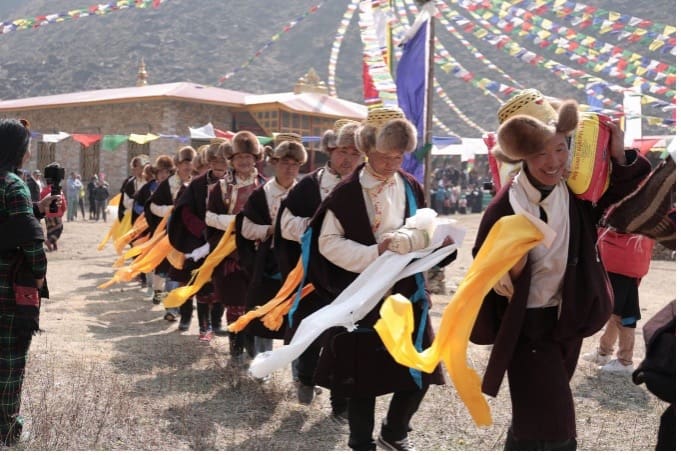
At the festival, the municipality’s chairperson and community leader, Nina Lama told the Himalayan Times that the Shyagya Tradition Preservation Act -2023 was promulgated with a view to contributing to the continuity and protection of biological diversity in the region.
“We believe this Act will help further strengthen the social and cultural unity of all people living in Tsum Valley,” Lama said.
He added that the recent centennial festival and recognition of the law from the Prime Minister had renewed the community’s commitment to non-violence.



